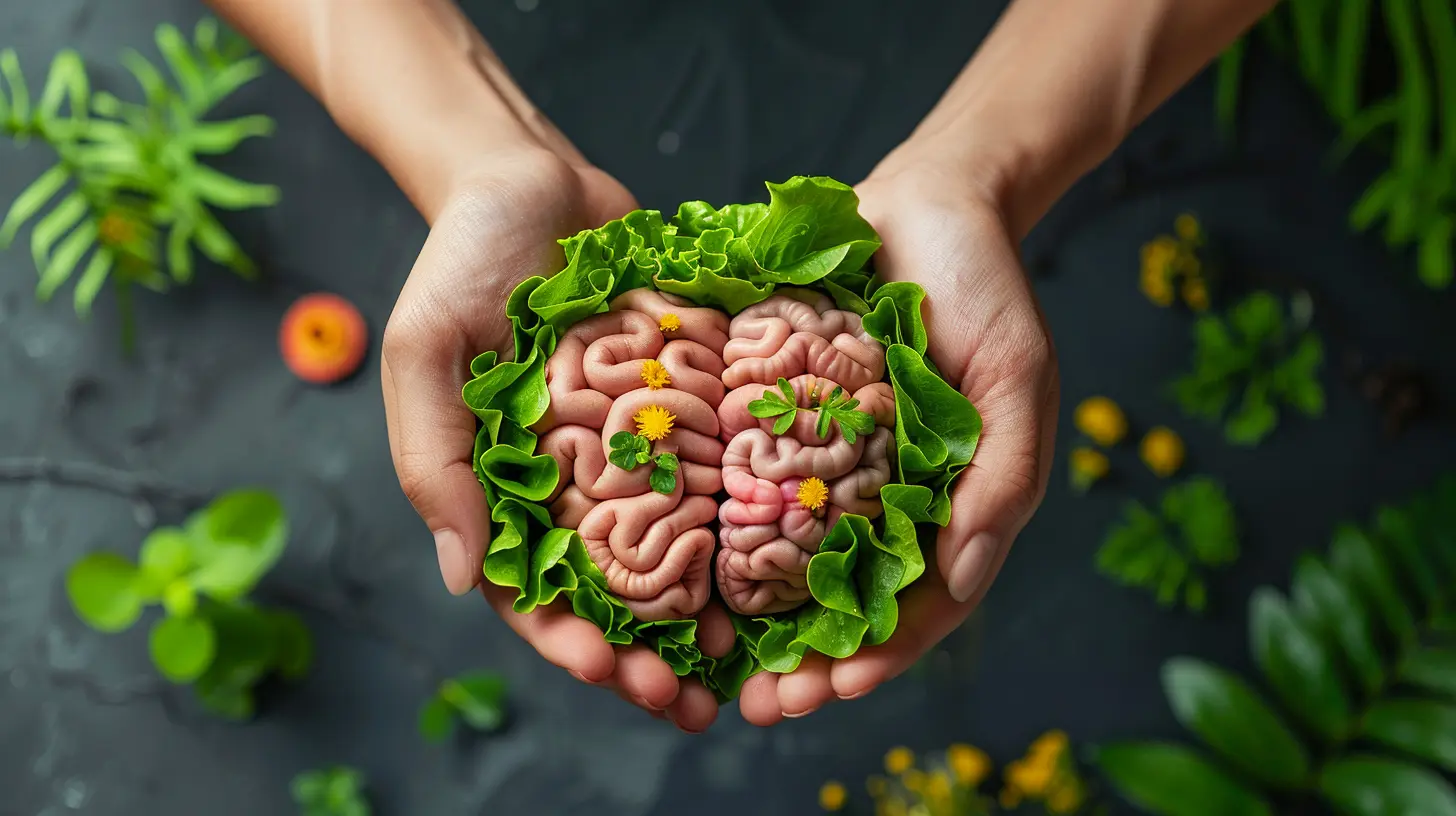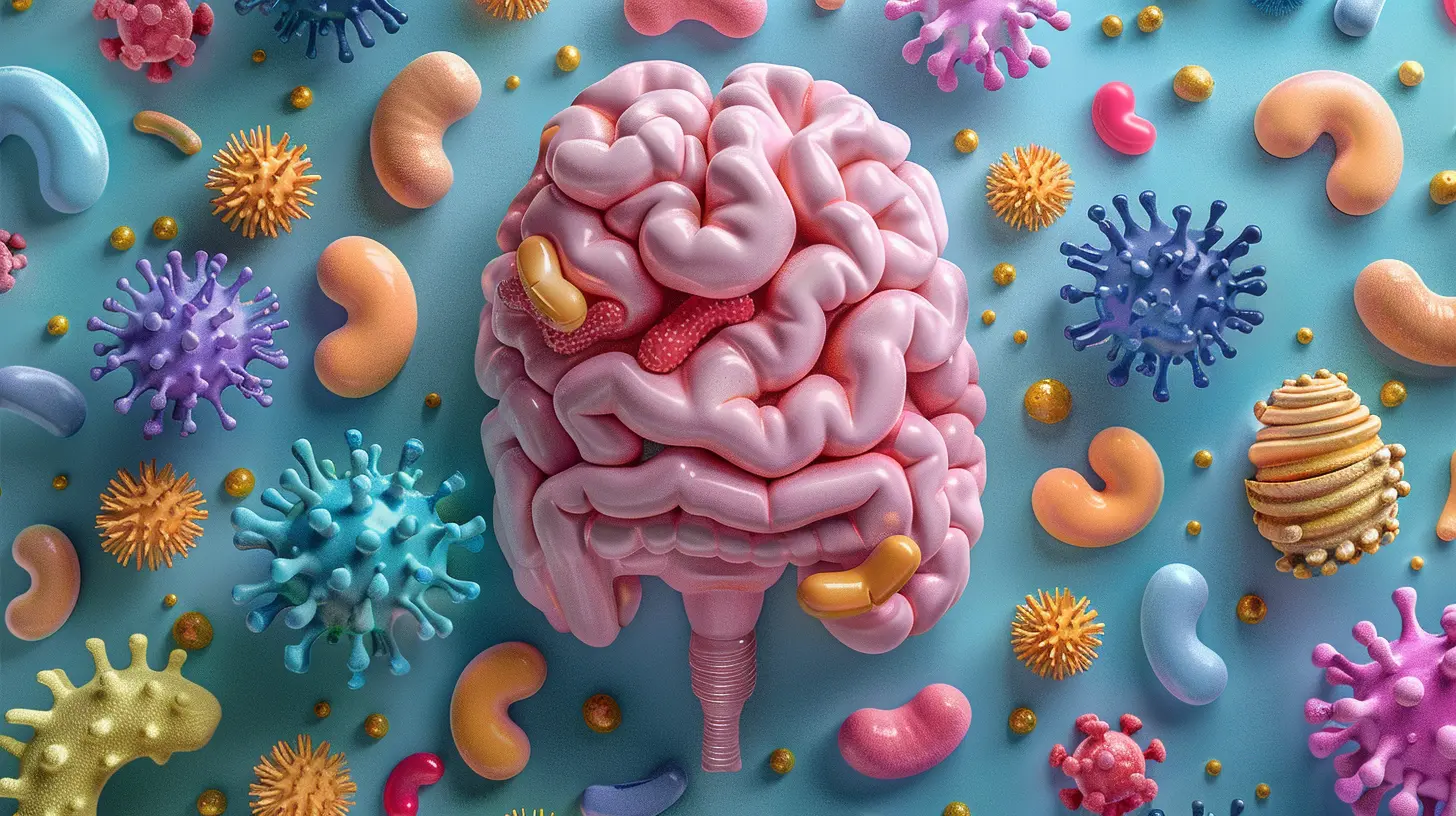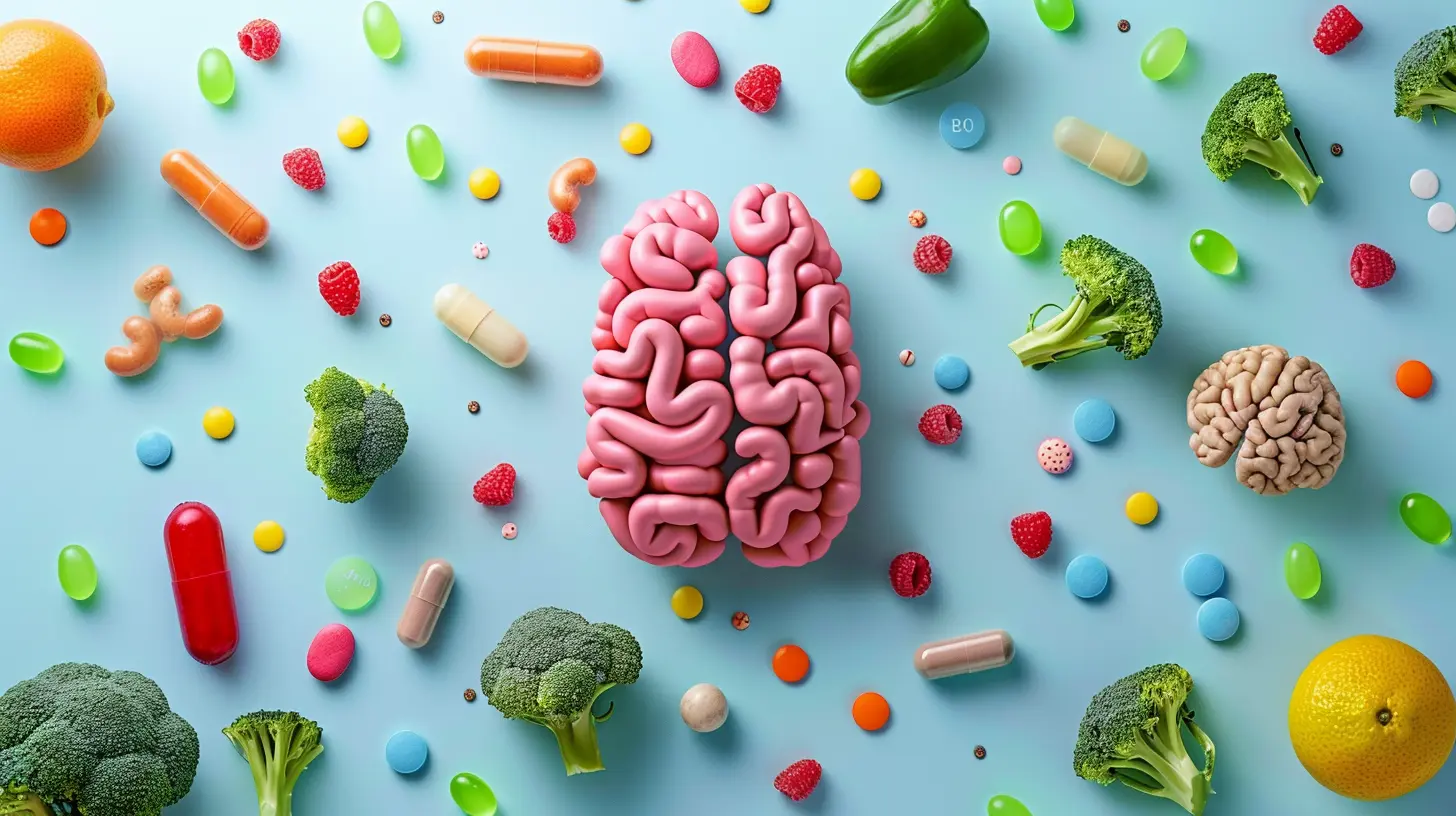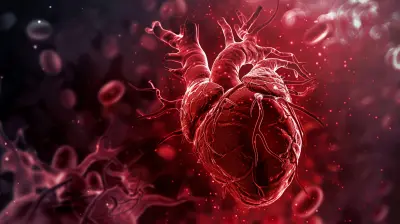Debunking Myths About Gut Health: What Science Really Says
11 September 2025
In recent years, gut health has taken center stage in the health and wellness industry. Everywhere you look, there's a new probiotic, a new diet, or a new claim promising to heal your gut and transform your life. Sounds amazing, right? But here's the catch: not everything you hear about gut health is true. The internet is overloaded with myths, and let’s be honest, not all of them hold up to scientific scrutiny.
So, let's cut through the noise. In this article, we’re diving into some of the most common gut health myths, and we’ll uncover what scientists actually have to say about them. Ready to separate fact from fiction? Let’s get started!
Myth 1: Probiotics Are the Cure-All for Gut Health
If you’ve ever read anything about gut health, you’ve probably seen probiotics being marketed as little miracle workers. From boosting digestion to curing illnesses, they’re often pitched as the holy grail of gut health. But are they?The Reality
Probiotics are beneficial bacteria, and yes, they’re important. But the idea that popping a probiotic pill will magically fix all your gut issues? That’s just not how it works. According to research, the effectiveness of probiotics largely depends on the strain, dosage, and an individual’s unique gut microbiome. What's even more fascinating? Some people's gut microbiomes don’t even respond to probiotics at all.Instead of viewing probiotics as a magic wand, think of them as one piece of the puzzle. A healthy diet, regular exercise, stress management, and sleep are equally—if not more—important for a thriving gut.
Myth 2: Your Gut Needs a Cleanse to Detoxify
Ah, the word "cleanse." It’s practically a buzzword in the wellness community. From juice cleanses to fancy powders, gut detox products seem to be everywhere. But hold up—does your gut even need a cleanse?The Reality
In a word, no. The human body, particularly the liver and kidneys, is incredibly efficient at detoxifying itself. Your gut doesn’t need any extra help detoxing from that kale smoothie you drank last weekend. In fact, many so-called “gut cleanses” can do more harm than good. They often disrupt the natural balance of bacteria in your gut, leading to bloating, diarrhea, or worse.Think of your gut as a self-cleaning oven. It has built-in mechanisms to keep itself clean—no extra gimmicks required. Want to support your gut’s natural detox process? Focus on eating fiber-rich foods, staying hydrated, and limiting processed junk. It’s that simple.
Myth 3: All Gut Bacteria Is Bad Bacteria
For years, we were led to believe that bacteria = bad. After all, isn’t bacteria what causes infections and illnesses? When it comes to your gut, though, the story is very different.The Reality
Not all bacteria are created equal. In fact, your gut is teeming with trillions of bacteria, most of which are helpful. These “good” bacteria play a vital role in digestion, nutrient absorption, and even immune function. Think of your gut as a bustling city—the good bacteria are the friendly neighbors who help you out, while the bad bacteria are the troublemakers. The key is maintaining a good balance between the two.So, instead of fearing bacteria, embrace it! Include fermented foods like yogurt, sauerkraut, and kefir in your diet to encourage the growth of friendly gut bacteria.
Myth 4: You Need to Avoid Gluten to Have a Healthy Gut
How many times have you heard someone swear off bread or pasta in the name of gut health? Avoiding gluten has become almost trendy, but does ditching it actually help your gut?The Reality
Here’s the deal: unless you have celiac disease or a gluten sensitivity, gluten isn’t inherently bad for your gut. For most people, eliminating gluten doesn’t improve gut health—it might just make you sad you can’t eat pizza. What’s more, cutting out gluten without a medical reason could lead to nutrient deficiencies since gluten-containing foods often provide vital vitamins and minerals.Instead of blindly following the gluten-free trend, focus on eating whole, minimally processed foods that naturally support your gut. And yes, that can include bread in moderation!
Myth 5: Stress Doesn’t Impact Your Gut
Gut health is all about what you eat, right? Not exactly. This myth completely ignores the powerful gut-brain connection, often called the "second brain."The Reality
Stress can wreak havoc on your gut. When you’re stressed, your body releases hormones like cortisol, which can disrupt the delicate balance of bacteria in your gut. Ever had an upset stomach before a big presentation or exam? That’s your gut reacting to stress!To keep your gut happy, it’s essential to manage stress. Whether it’s practicing yoga, meditating, taking a walk in nature, or simply hanging out with friends, find what works for you. Remember, a relaxed mind often leads to a healthy gut.
Myth 6: You Should Eat as Many Fermented Foods as Possible
If probiotics are the celebrities of gut health, fermented foods are their entourage. Kimchi, kombucha, miso—you name it. But can you have too much of a good thing?The Reality
Fermented foods are fantastic for your gut, but moderation is key. Overloading your diet with fermented foods can lead to digestive issues like bloating or gas. Plus, some fermented foods (hello, kombucha!) can be high in sugar or alcohol, which might not be the best for everyone.The best approach? Incorporate a variety of fermented foods into your diet but balance them with other gut-friendly staples like fruits, veggies, and whole grains. A diverse diet equals a diverse gut microbiome—exactly what you want.
Myth 7: Gut Health Is Only About Digestion
When most people think about gut health, they immediately associate it with digestion. And while your gut does play a major role in breaking down your food, its responsibilities don’t stop there.The Reality
Your gut impacts far more than digestion. It’s involved in everything from your immune function to your mood—and even your brain health! About 70% of the immune system resides in the gut, and gut bacteria can produce neurotransmitters like serotonin, which impacts your mood. So, when your gut’s unhappy, it can ripple into other areas of your life.Taking care of your gut isn’t just about preventing bloating or indigestion—it’s about supporting your overall health.
The Bottom Line: Gut Health Isn’t About Quick Fixes
At the end of the day, gut health doesn’t have to be complicated. It’s not about following restrictive diets, taking expensive supplements, or buying into every trend. It’s about balance.Listen to your body, eat a diverse, whole-food diet, manage your stress, and get enough sleep. Gut health isn’t a one-size-fits-all journey, and it’s definitely not something you can "hack" overnight. Think of it as a marathon, not a sprint.
So, the next time you hear a wild claim about gut health, pause. Ask yourself: does this make sense? Is it backed by science? Chances are, the real answer lies somewhere in between.
all images in this post were generated using AI tools
Category:
Gut HealthAuthor:

Jackson Mahoney
Discussion
rate this article
1 comments
Ava Wright
This article effectively dismantles common misconceptions about gut health, emphasizing the importance of evidence-based information. It highlights how diet, lifestyle, and individual biology shape gut health, rather than trendy supplements or fads. A must-read for anyone looking to understand the real science behind maintaining a healthy gut!
September 25, 2025 at 2:43 PM

Jackson Mahoney
Thank you for your thoughtful comment! I'm glad you found the article useful in clarifying the science behind gut health. Your insights are much appreciated!


